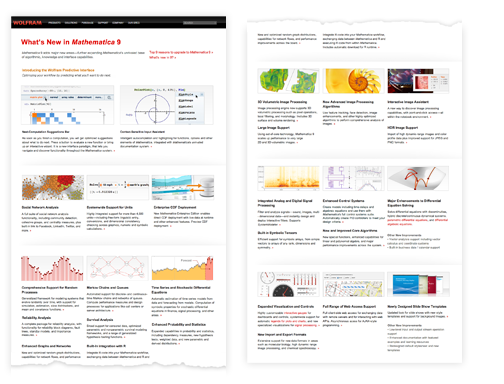Richard Crandall liked to call himself a “computationalist”. For though he was trained in physics (and served for many years as a physics professor at Reed College), computation was at the center of his life. He used it in physics, in engineering, in mathematics, in biology… and in technology. He was a pioneer in experimental mathematics, and was associated for many years with Apple and with Steve Jobs, and was proud of having invented “at least 5 algorithms used in the iPhone”. He was also an extremely early adopter of Mathematica, and a well-known figure in the Mathematica community. And when he died just before Christmas at the age of 64 he was hard at work on his latest, rather different, project: an “intellectual biography” of Steve Jobs that I had suggested he call “Scientist to Mr. Jobs”.
I first met Richard Crandall in 1987, when I was developing Mathematica, and he was Chief Scientist at Steve Jobs’s company NeXT. Richard had pioneered using Pascal on Macintoshes to teach scientific computing. But as soon as he saw Mathematica, he immediately adopted it, and for a quarter of a century used it to produce a wonderful range of discoveries and inventions.
He also contributed greatly to Mathematica and its usage. Indeed, even before Mathematica 1.0 in 1988, he insisted on visiting our company to contribute his expertise in numerical evaluation of special functions (his favorites were polylogarithms and zeta-like functions). And then, after the NeXT computer was released, he wrote what may have been the first-ever Mathematica-based app: a “supercalculator” named Gourmet that he said “eats other calculators for breakfast”. A couple of years later he wrote a book entitled Mathematica for the Sciences, that pioneered the use of Mathematica programs as a form of exposition.
Over the years, I interacted with Richard about a great many things. Usually it would start with a “call me” message. And I would get on the phone, never knowing what to expect. And Richard would be talking about his latest result in number theory. Or the latest Apple GPU. Or his models of flu epidemiology. Or the importance of running Mathematica on iOS. Or a new way to multiply very long integers. Or his latest achievements in image processing. Or a way to reconstruct fractal brain geometries.
Continue reading







